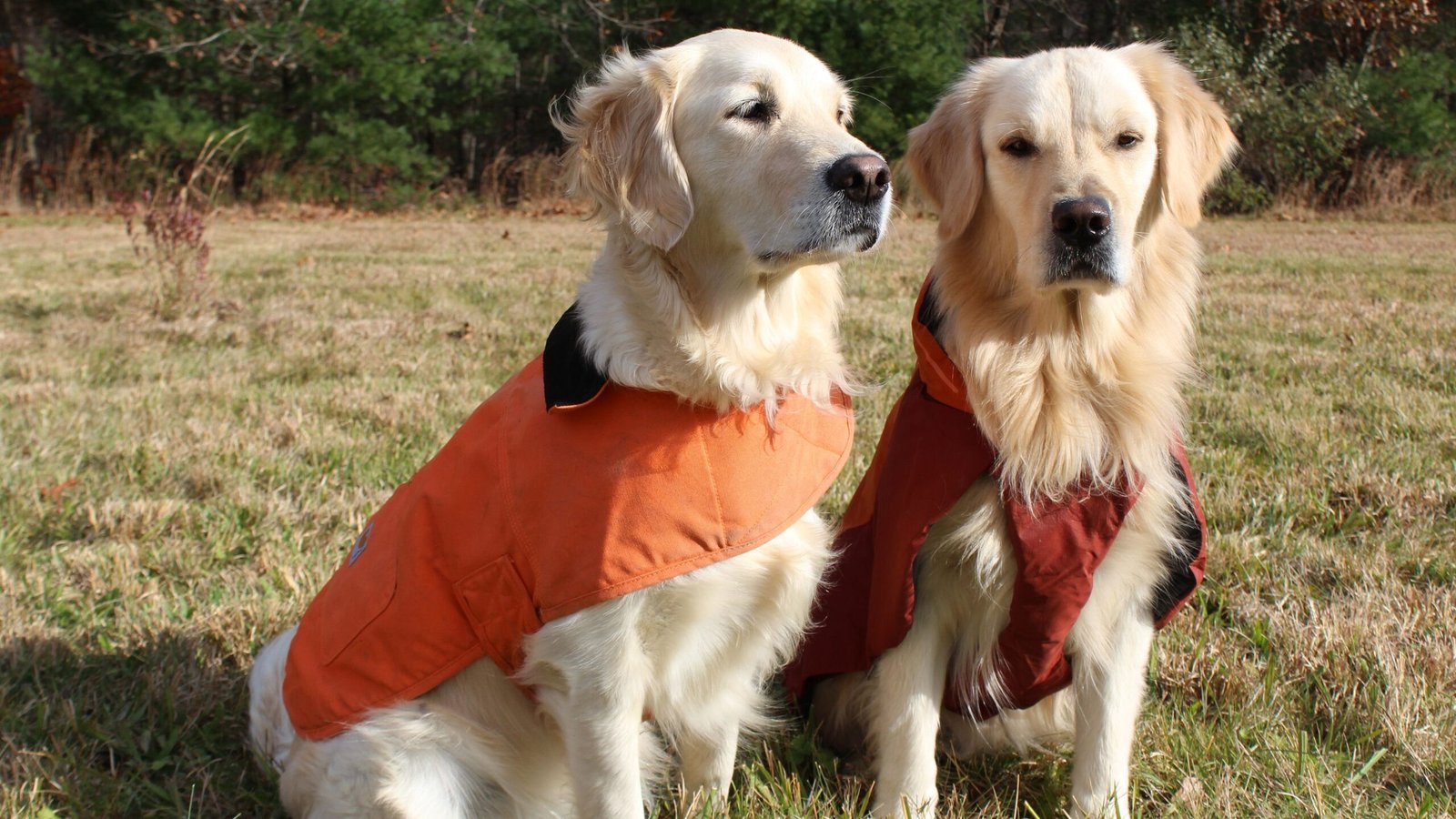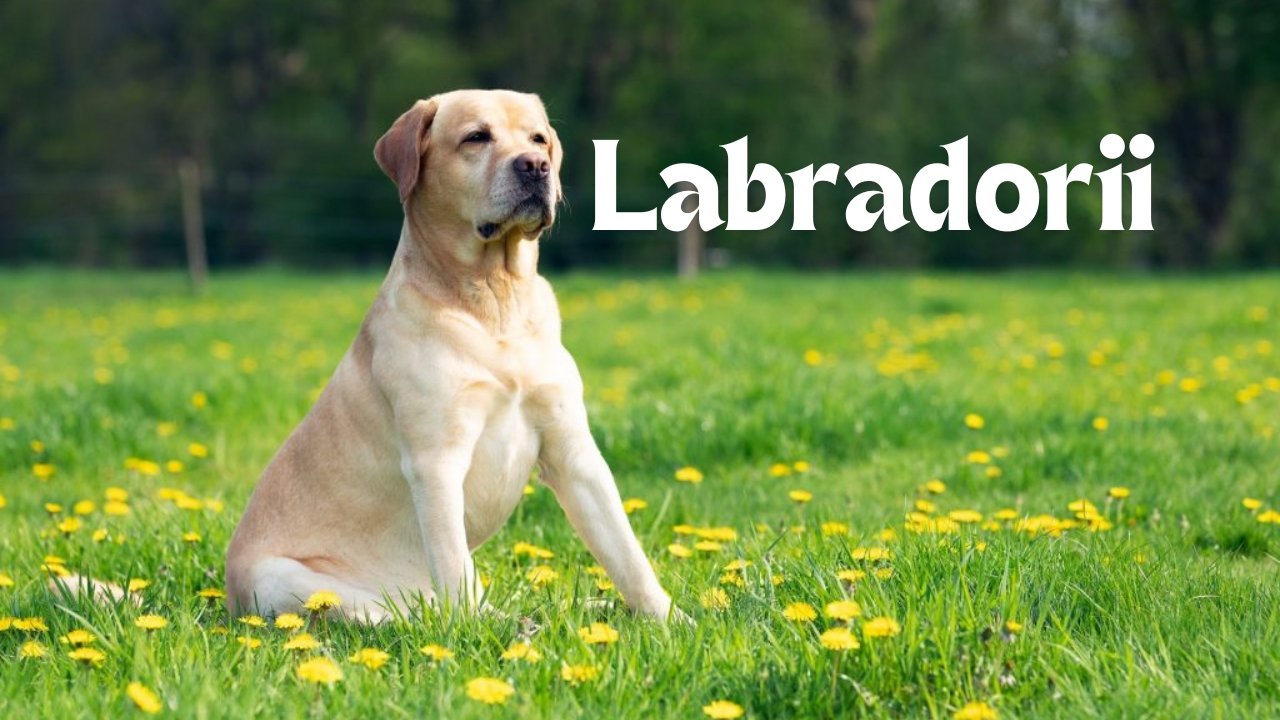Owning a dog is an incredibly rewarding experience, but it also comes with great responsibility. Ensuring your furry friend stays happy, healthy, and well-behaved requires the right know-how, a lot of patience, and consistency. This guide covers essential dog care tips and common issues pet owners will likely face when taking care of a dog.
1. Nutrition and Diet
A well-balanced diet is essential for your dog’s overall health and longevity. The type and quantity of food depend on factors such as breed, age, activity level, and health condition.
Choosing the Right Food
- High-quality commercial dog food: Look for brands that meet AAFCO (Association of American Feed Control Officials) standards.
- Homemade diets: If feeding home-cooked meals, consult a veterinarian to ensure proper nutrition.
- Raw food diets: Some owners opt for raw diets, but these require careful planning to avoid nutritional deficiencies.
Portion Control and Feeding Schedule
- Puppies require more frequent meals (3-4 times a day), while adult dogs typically eat twice a day.
- Overfeeding can lead to obesity, which is a significant health concern.
- Always provide fresh water and avoid feeding table scraps, especially toxic foods like chocolate, onions, and grapes.
2. Exercise and Mental Stimulation
Regular exercise keeps your dog physically fit and mentally engaged, preventing boredom and destructive behaviors.
Physical Exercise
- Walks and Runs: A daily walk is essential for all dogs, though high-energy breeds such as German Shepherds may require more vigorous exercise.
- Playtime: Activities such as fetch, tug-of-war, and swimming help burn excess energy.
- Dog Sports: Some dogs thrive in agility training, obedience trials, or even scent work.
Mental Stimulation
- Puzzle toys and treat-dispensing games challenge your dog’s brain.
- Training sessions keep their mind engaged while reinforcing good behavior.
- New experiences, such as exploring different environments or meeting new dogs, prevent boredom.
3. Grooming and Hygiene
Proper grooming keeps your dog comfortable and healthy, reducing the risk of skin infections, matting, and bad odors.
Coat Care
- Short-haired dogs: Brush once a week to remove loose fur.
- Long-haired dogs: Require daily brushing to prevent tangles and matting.
- Shedding management: Regular grooming helps control shedding, especially in breeds like Huskies and Retrievers.
Bathing and Skin Care
- Most dogs only need a bath once a month, but some breeds may require more frequent bathing.
- Use dog-specific shampoos to maintain healthy skin and coat.
- Check for signs of allergies or skin irritations.
Nail Trimming and Dental Care
- Trim nails every 3-4 weeks to prevent overgrowth and discomfort.
- Brush teeth regularly or provide dental chews to prevent gum disease.
4. Veterinary Care and Preventative Health Measures
Routine vet visits help detect potential health problems early and keep your dog up to date on necessary vaccinations.
Regular Vet Visits
- Annual wellness checkups are crucial for monitoring overall health.
- Senior dogs may require bi-annual visits to catch age-related issues early.
Vaccinations and Parasite Prevention
- Core vaccines protect against deadly diseases like rabies, distemper, and parvovirus.
- Flea, tick, and heartworm preventatives should be administered regularly.
- Deworming is essential, especially for puppies.
Spaying/Neutering
- Helps prevent unwanted litters and can reduce the risk of certain cancers and behavioral issues.
- Common issue: Ear Infections – Breeds with floppy ears, like the blue Staffy, are more prone to ear infections due to trapped moisture. Regular ear cleaning and monitoring for signs of infection can prevent discomfort.
5. Behavioral Training and Socialization
A well-behaved dog is a joy to have, and early training plays a key role in shaping your dog’s behavior.
Basic Obedience Training
- Start with basic commands: Teaching commands like sit, stay, come, and leave it helps with control and safety.
- Consistency is key: Dogs thrive on routine and consistent reinforcement.
- Use positive reinforcement: Rewarding good behavior with treats, praise, or playtime reinforces positive habits.
Socialization
- Early socialization: Expose puppies to different people, animals, and environments to prevent fear and aggression.
- Dog parks and group training: These provide opportunities for safe social interactions.
- Handling different situations: Encourage your dog to experience new settings, sounds, and activities to build confidence.
- Common issue: Separation Anxiety – Some dogs experience stress when left alone for long periods. Training, gradual departures, interactive toys, and sometimes crate training can help ease anxiety.
6. Recognizing and Addressing Common Health Issues
Understanding the early signs of illness can help you get your dog the medical care they need before problems escalate.
Signs of a Healthy Dog
- Clear eyes and a moist nose
- Shiny coat and healthy skin
- Normal energy levels and appetite
Common Health Issues
- Obesity: Controlled feeding and regular exercise help prevent weight gain.
- Joint Issues: Larger breeds are prone to hip and elbow dysplasia.
- Skin Allergies: Itchy, red skin can result from food or environmental allergies.
- Digestive Upset: Frequent vomiting or diarrhea should be checked by a vet.
7. Creating a Safe and Loving Home Environment
Dogs thrive in a secure and affectionate home environment. Creating a space where they feel safe and loved is essential for their overall well-being.
Safety Measures
- Secure Fencing: Prevents escapes and keeps your dog safe.
- Pet-Proofing: Keep toxic foods, chemicals, and small objects out of reach.
- Comfortable Sleeping Area: Provide a soft bed in a quiet space for relaxation.
Building a Strong Bond
- Spend quality time playing, walking, and training together.
- Understand and respect your dog’s personality and needs.
- Provide enrichment activities to keep them mentally and emotionally stimulated.
Conclusion
Caring for a dog involves more than just feeding and walking—it requires commitment, love, and attention to their needs. By providing proper nutrition, exercise, grooming, training, and medical care, you ensure your furry friend lives a happy, healthy, and fulfilling life. In return, your dog will offer you unconditional love and companionship for years to come.










